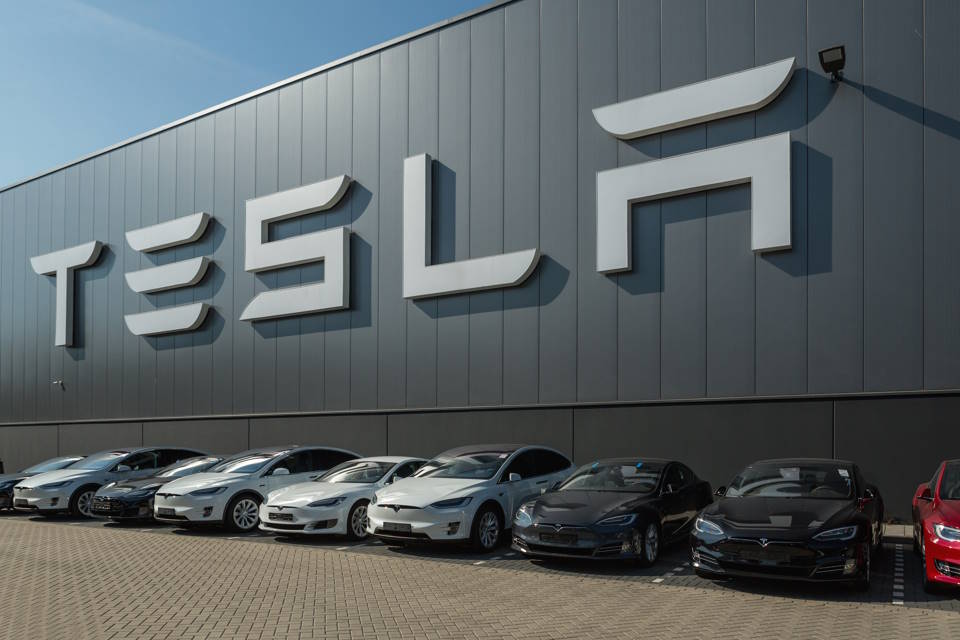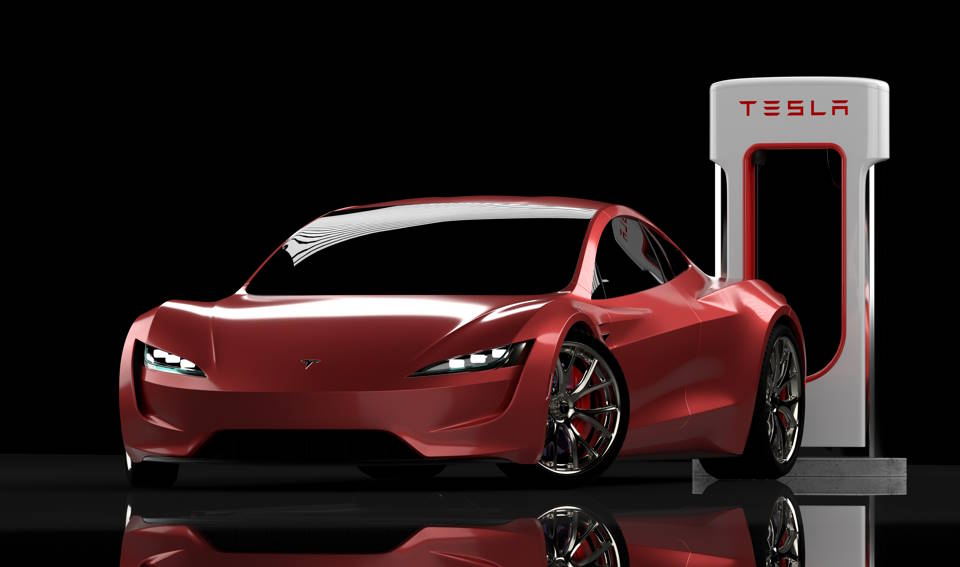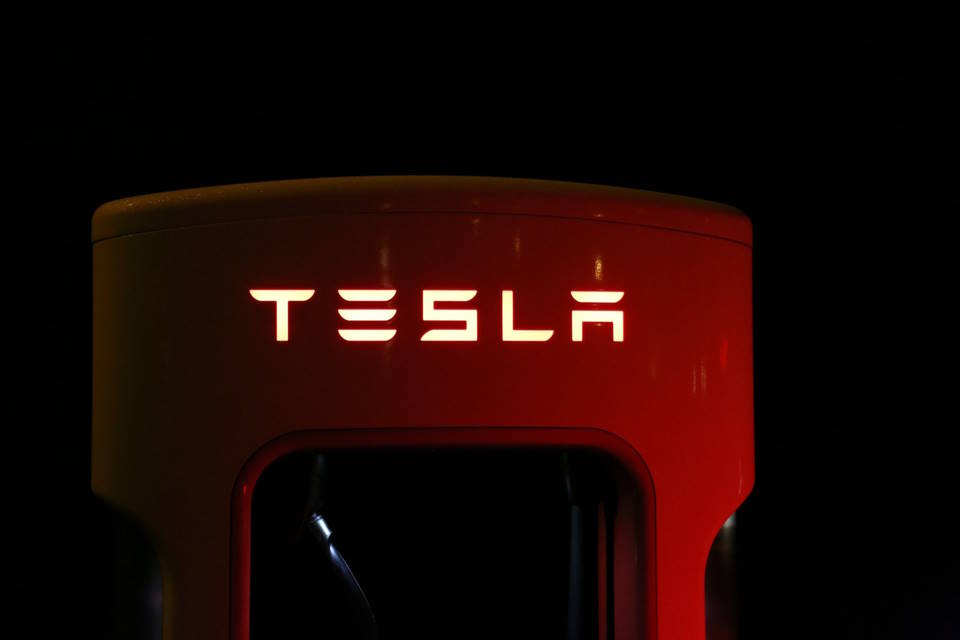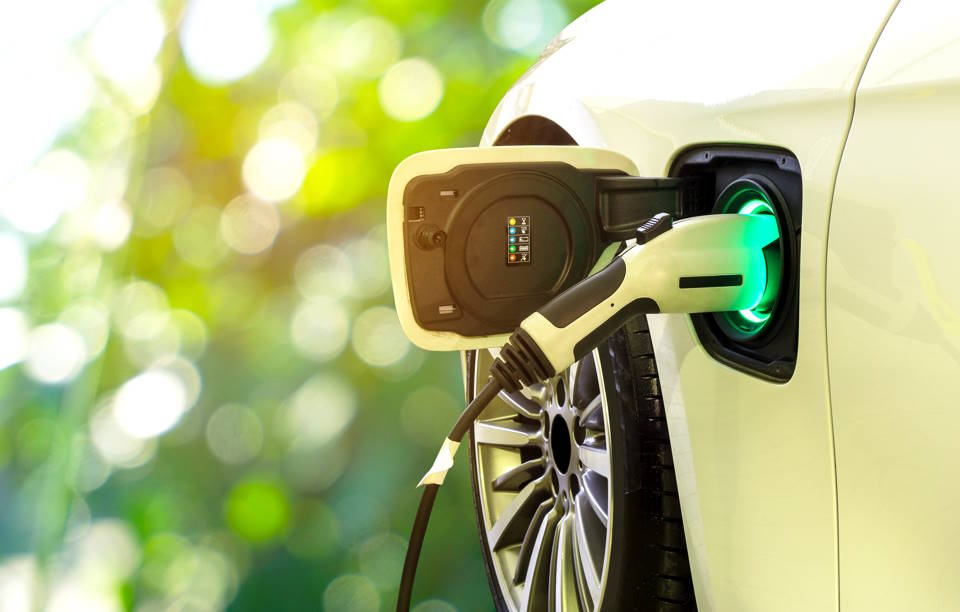The weight of electric car batteries is a significant factor that often comes into play when considering the overall efficiency and performance of these vehicles. In this blog post, we will delve into the world of electric car batteries, exploring topics such as battery chemistry, the materials used in their construction, and how their weight impacts the driving experience. We will also compare the weight of electric car batteries to that of traditional gas-powered vehicles, shedding light on the differences between the two. Additionally, we will touch on future battery trends, giving insight into potential developments that may further revolutionize the electric car industry. Join us as we uncover just how much electric car batteries weigh and why it matters.Discover the latest in battery chemistry and materials used for electric vehicles. Learn about the impact of weight and compare to gas cars, plus explore future battery trends.
Battery chemistry
Understanding the battery chemistry behind electric cars is crucial in order to comprehend the technology that drives them. Electric car batteries are typically made of lithium-ion cells, which are known for their high energy density and long lifespan. These cells consist of a cathode, an anode, and an electrolyte solution, all working together to generate and store electrical energy. The most common cathode materials used in electric car batteries are cobalt, nickel, and manganese, while the anode is typically made of graphite.
The battery chemistry plays a significant role in determining the overall performance and efficiency of an electric car. Different cathode and anode materials can affect the battery’s energy density, charging speed, and lifespan. Companies are constantly researching and developing new battery chemistries to improve the performance of electric cars and make them more competitive in the automotive market.
In conclusion, the battery chemistry of electric cars is a complex yet fascinating subject that is essential to understand for anyone interested in the future of sustainable transportation. By delving into the materials and processes that power electric vehicles, we can gain a deeper appreciation for the technology that is revolutionizing the way we drive.
Materials used
When it comes to the materials used in electric car batteries, there are several key components that play a crucial role in the overall performance and efficiency of the vehicle.
Lithium-ion batteries are the most common type of battery used in electric cars, known for their high energy density and long lifespan.
These batteries are typically made up of materials such as lithium cobalt oxide, lithium manganese oxide, or lithium iron phosphate, which all contribute to the overall performance and durability of the battery.
Impact of weight
One of the key factors to consider when it comes to electric car batteries is the impact of weight. Weight plays a crucial role in determining the overall performance and efficiency of an electric vehicle. The batteries used in electric cars are typically much heavier than the fuel tanks used in traditional gas cars.
This added weight can have a significant impact on the handling and acceleration of the vehicle. Additionally, the extra weight can also affect the range of the vehicle, as it requires more energy to move a heavier car.
Manufacturers are constantly working to develop lighter and more efficient battery technologies to help minimize the impact of weight on electric vehicles. By reducing the weight of the batteries, manufacturers can improve the overall performance and range of electric cars.
Compared to gas cars
When considering electric cars compared to traditional gas cars, one major difference that often comes to mind is the weight of the vehicles. Electric car batteries are typically much heavier than the gas tanks found in traditional vehicles. This increased weight can have both positive and negative impacts on the overall performance of the vehicle.
On the positive side, the weight of the electric car batteries can provide stability and a lower center of gravity, which can improve handling and safety on the road. However, the added weight can also lead to decreased acceleration and increased energy consumption, which may affect the overall efficiency of the vehicle.
Overall, while electric car batteries do add weight to the vehicle compared to gas cars, there are both advantages and disadvantages to this difference. Manufacturers continue to work on developing lighter and more efficient battery technologies to improve the performance of electric vehicles and reduce the impact of weight on their overall design.
Future battery trends
The future of battery technology is constantly evolving, with new advancements and breakthroughs being made on a regular basis. One major trend that is expected to shape the future of electric car batteries is the move towards solid-state materials. These materials have the potential to offer greater energy density, improved safety, and faster charging times compared to traditional lithium-ion batteries.
Another key trend in future battery technology is the development of more sustainable and environmentally friendly battery chemistry. Researchers are exploring new materials and methodologies to reduce the environmental impact of battery production and disposal, with a focus on using more renewable resources and minimizing the use of harmful chemicals.
One of the biggest challenges facing the future of electric car batteries is the impact of weight on overall vehicle performance. Manufacturers are working on developing lighter and more compact battery systems that can deliver the same level of performance as current models, while also addressing concerns about range and durability. By incorporating new materials and novel design techniques, engineers hope to overcome this challenge and pave the way for a new generation of electric vehicles.








